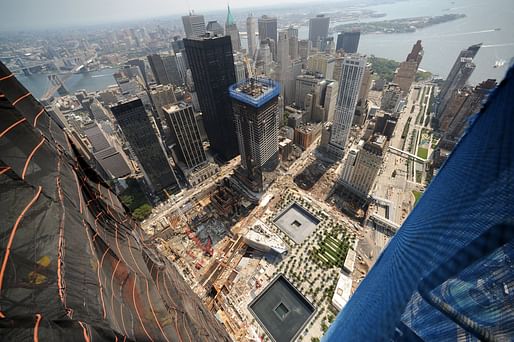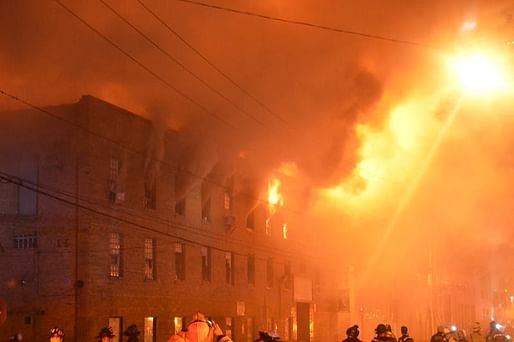
A survey of construction industry professionals in the UK has found that uncontrolled value engineering and poor workmanship present the biggest risks to the built environment. The study was commissioned by the British Board of Agrément (BBA), a major UK body for issuing certificates for construction products.
The survey results are contained within a new report by the BBA which focuses on risks to high-rise residential buildings; which generated over 10,000 viewpoint responses between March and June 2021.
As part of the report, respondents were asked what factors they believed were “the five most likely to cause an emerging or actual disaster in the next few years.” 79% of respondents ranked “poor construction / installation quality” in their top five risks for building safety, while 74% identified “uncontrolled value engineering.” Aspects relating to fire safety ranked a distant third and fourth, with “breaches in fire compartmentation” included by 53% of respondents, and fires from existing facades noted by 26% of respondents. Only 5% of respondents identified fire from new facades as a top-five risk.
As the BBA notes in the report, the higher concerns over value engineering and workmanship in place of fire safety are stark, considering the UK construction and building material industry is still reeling from the 2017 Grenfell Tower fire.

While poor workmanship and value engineering were identified as being the most likely to cause a future building disaster, respondents separately identified “fire” as the most important factor to be considered for building and life safety, including façade safety, voids, smoke, escape routes, and fire-fighting access. “Structure” was the second most important consideration, encompassing mitigation against collapse and failure of fixings. Gas leaks, quality of workmanship, and electrical faults comprised a near-equal third, fourth, and fifth place.
In response, the BBA is investigating the possibility of conducting site visits during initial certification of a product to assess workmanship and installation. In addition, they point to the need for building products to be designed for error mitigation; prioritizing “well-designed construction products and systems that are straightforward to work with, install, and assure.” This includes an emphasis on building products which are resilient to minor error, and hence likely to perform more successfully than those which are highly sensitive to even slight departures from specified tolerances.

Concerns over building safety were only one avenue of feedback from the report. The BBA has also noted a desire among construction professionals for a material’s sustainability credentials to be more clearly defined. While existing product certificates in the UK contain indirect details on thermal insulation, durability, and reuse, the industry is calling for more substantiation of these claims in certificates, and the inclusion of carbon management, water stewardship, ecology, and health risks. This also includes greater detail on social justice and ethical sourcing of materials.
No Comments
Block this user
Are you sure you want to block this user and hide all related comments throughout the site?
Archinect
This is your first comment on Archinect. Your comment will be visible once approved.